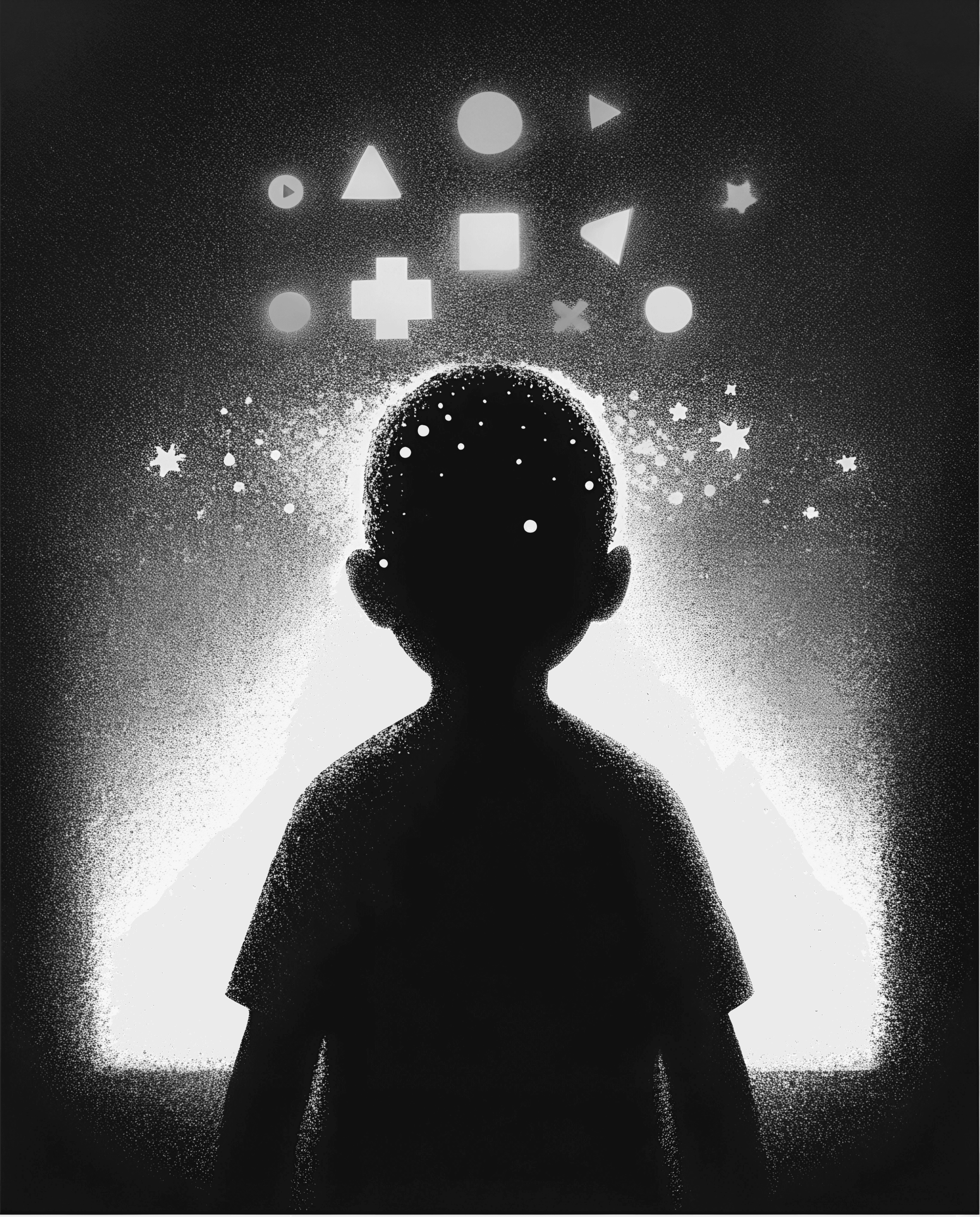When $2 dollars got you a (pirated) “AAA” video game.
By Rodrigo Garza
Dec 9, 2024
You'd think the smell would be of soldering iron and burned plastic. But for me the smell of video game console hacking was of cooking oil. It's 2001 and I'm thirteen, clutching my brand new PlayStation 2, while an old stereotypical hacker with the fashion sense of a 3-year-old takes it from my hands. My mom waits outside, she doesn't know what's happening. We're in the local flea market - mothers shopping for fresh vegetables and smuggled Cool Ranch Doritos right next to kids hacking their gaming consoles and buying bootleg games to go with them.
I still remember almost shitting myself when Eduardo cracked open my PS2 in my face when I took it in to get my modded chip installed. But he moved with the confidence of someone who'd done this hundreds of times, probably because he had. The chip in his hand looked impossibly small for something that unlocked such joy.
His workshop was just another piece in Mexico's pirate gaming economy. Official repair certificates hung next to hand-drawn circuit board diagrams. Component bins overflowed with parts sourced from who-knows-where. A stack of CD-Rs sat next to his testing PlayStation, each disc marked with hand-written game titles. I can almost recall the way my Syphon-Filter game was written.
"Look here," he pointed to a circuit board barely larger than a fingernail when my curious 13-year-old self asked how it worked. "El Play uses special codes hidden on original game discs to check if they're real. When the console asks for that code, the chip answers with exactly what it needs to see." These chips intercepted the security conversation between console and game, a tiny electronic translator turning piracy into possibility.
Each console generation brought new challenges. The PlayStation 2 checked for physical marks on authentic DVDs that cheap burners couldn't copy. Técnicos responded with more sophisticated chips. By the PlayStation 3 era, the game changed entirely - hackers found software vulnerabilities that could transform the system's core programming, "jailbreaks" that permanently opened the console.
The raw economics made this parallel market inevitable. A new PlayStation game in 2000 cost 500-600 pesos ($50-60 USD). The daily minimum wage? 35.12 pesos ($3.50 USD). One original game meant two weeks of full-time work. Even middle-class families earning 4,000-6,000 pesos monthly faced spending 10% of their income on a single title.
Mod chips flipped math on its head. One-time installation: 300 pesos ($30 USD). Each bootleg game: 20-50 pesos ($2-$5 USD). Getting that chip installed felt like entering a cheat code in real life, fucking GODMODE activated. When a month's gaming budget could buy fifteen titles instead of one, morality took a back seat to access. This wasn't just exclusive to Mexico, the same thing played out across Latin America, Eastern Europe, and Southeast Asia.
The technical knowledge spread like a virus. Técnicos shared installation guides through xeroxed manuals, traded tips about which chips worked best, passed down soldering techniques through informal apprenticeships. Before YouTube tutorials existed, this oral tradition kept the scene alive.
Everyone had all the games all the time. It was just a matter of the técnicos ripping fast enough post release date, and sometimes even before. Birthday parties centered around PlayStation tournaments. Game lending networks formed in school yards, with everyone tracking who had which titles and who took good care of their discs. Even at two dollars a game, you learned to take care of them.
Piracy created wild social dynamics. Original games became status symbols precisely because everyone had bootleg access. Showing up with a shrink-wrapped title meant something, it was the rich who had the real games. Gaming evolved into a complex social hierarchy where access came through the grey market but prestige stayed authentic.
I won't pretend I was poor, I wasn't. I had a healthy mix of pirated and original games. But my ambition knew no bounds. I wanted every fucking game there was, not one or two per year. These days, I understand the bigger picture of piracy, but you can't expect a kid to make the moral choice between twenty games or one with a month's allowance. Especially since this was new technology, our parents still called everything "el Nintendo."
Speaking of Nintendo, they fought hardest against the parallel market. They raided markets, threatened legal action, tried working with authorities. Sony started aggressive but gradually shifted to online gaming security and regional pricing. Microsoft entered having learned from their competitors' failures, launching Xbox with local pricing and community-building.
The técnicos proved more adaptable than any corporate strategy. When Sony strengthened security, they found new chip designs. When digital distribution arrived, they shifted to cracking Fire Sticks and modding phones. The tools changed but the mission stayed the same - keeping technology accessible when official channels wouldn’t, or, who are we kidding, just making money.
Visit any electronics market in Mexico today and you'll still smell that mix of cooking oil and opportunity. The técnicos are still there, now jailbreaking phones and cracking streaming services. The tools change but the hustle stays the same - where there's tech people can't afford, there's money to be made making it accessible.

